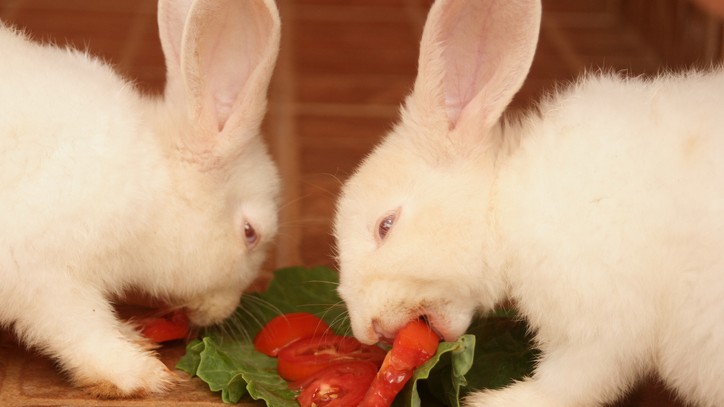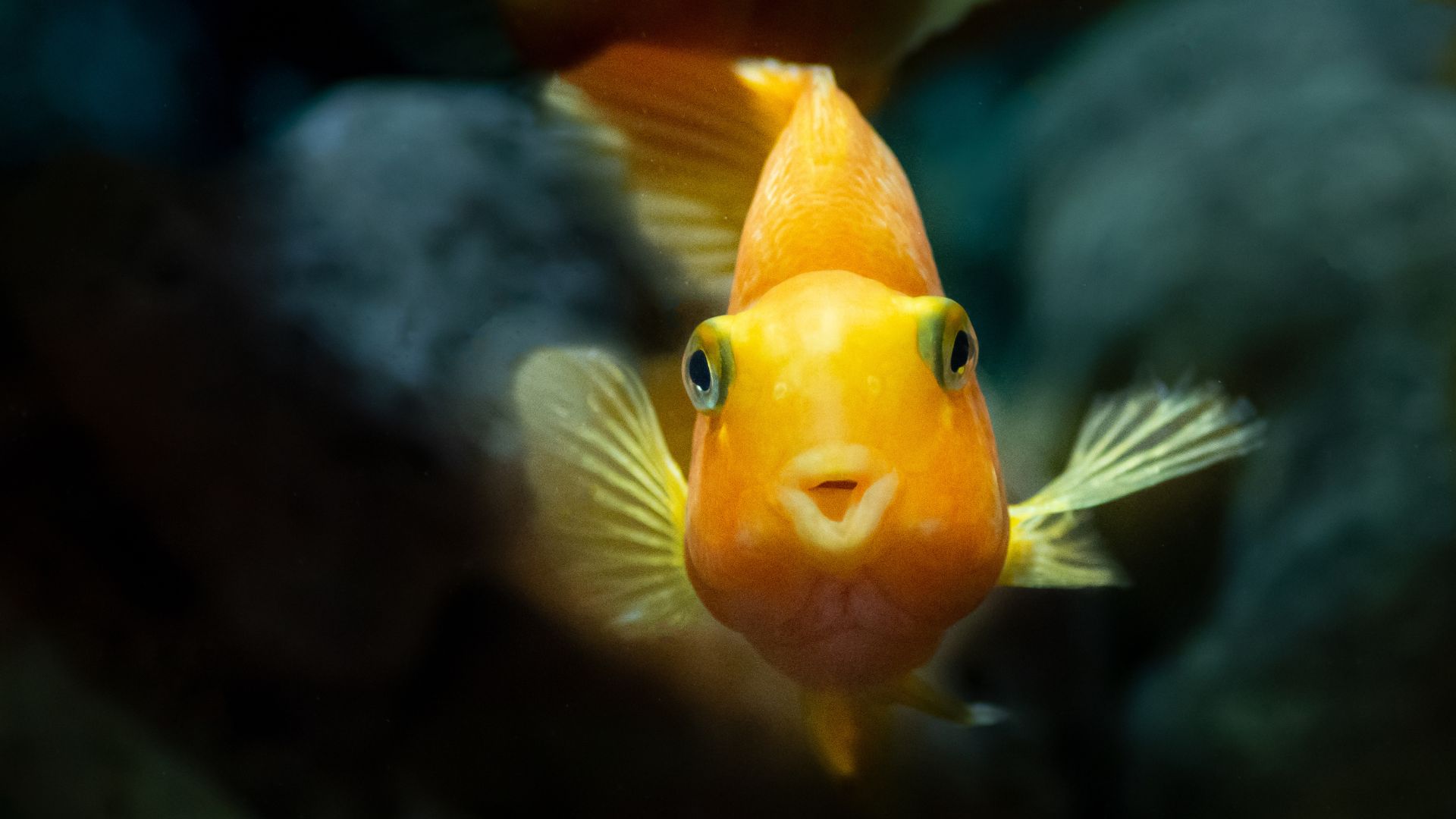Can rabbits eat tomatoes?
You may have wondered whether “can rabbits eat tomatoes?” Find out if they are beneficial food for bunnies.

“Can rabbits eat tomatoes?” seems like a simple question but the answer isn’t as clear cut as you might think…In the wild, rabbits would not eat tomatoes and when feeding rabbits we must always try to ensure their diet is close to what they would and wouldn’t eat in the wild. This helps to try to ensure their digestive system and teeth stay healthy.
Tomatoes contain lots of vitamin C, as well as sodium, vitamin A, potassium, iron and calcium, and they are also low in calories. Whilst rabbits do need these vitamins and minerals in their diet, the most important component of their diet needs to be fibre, which is achieved by feeding a diet made up of hay and fresh grass. The vitamins and minerals they require should come from healthy greens, herbs and a small amount of pellets, so feeding tomatoes is actually of little benefit to rabbits.
- Best indoor rabbit hutches: Handy hideaways for your house bunny
- Best rabbit hutches: Find the perfect home for your bunny
- Best rabbit toys: Pick out the top toys for your BFF bunny
Tomatoes are not poisonous to rabbits, so if your rabbit eats them, they are unlikely to suffer any serious consequences.
However, tomatoes have a high water content, as well as containing high amounts of sugar. A rabbit’s digestive system is not adapted to digesting lots of sugar and if consumed it can cause serious digestive upsets.
A very occasional, small piece of tomato, as a treat, is okay to feed, but it should be just that and never form a main part of their diet. Other healthier and more beneficial fresh foods, such as parsley, coriander, mint, basil, celery, spring greens and broccoli, should be fed daily, always making sure that new foods and changes to their diet are done gradually over at least a couple of weeks.
- Are rabbits nocturnal? – What your rabbits do at night
- Games for rabbits: Stop your bunny from getting bored
- How to stop rabbits fighting
Tips on feeding your rabbits
To help keep your rabbits healthy, follow these tips when feeding them:
- Always make sure they have access to fresh, clean and sweet smelling hay – change at least daily
- Allow them access to graze on fresh grass in a secure and safe run, which should have enrichment, such as tunnels, hides the best rabbit toys and foraging opportunities too
- Scatter-feed a small amount of the best food for rabbits (approx. 1 level tablespoon per kg of ideal bodyweight) each day
- Never feed muesli
- Feed a selection of vegetables and herbs each day, approx. the size of the rabbit’s head
- Make dietary changes slowly, over at least 2 weeks
- Avoid feeding lettuce, fruits, carrots and other root vegetables as these have high water and sugar content and little or no nutritional benefit for rabbits
- Make feeding fun – rabbits love to forage! Hide food in piles of hay or around their environment, to help keep them entertained and make use of their sense of smell.
Whilst rabbits can eat tomatoes, they are best avoided as they are not something rabbits would naturally eat. There are healthier and more beneficial fresh foods that can be fed, which help to promote good digestive and dental health.
PetsRadar Newsletter
Get the best advice, tips and top tech for your beloved Pets
Claire currently works in Kettering as a Head Nurse in a practice with a high rabbit caseload, as well as frequently lecturing and writing on rabbits to both veterinary professionals and owners.

